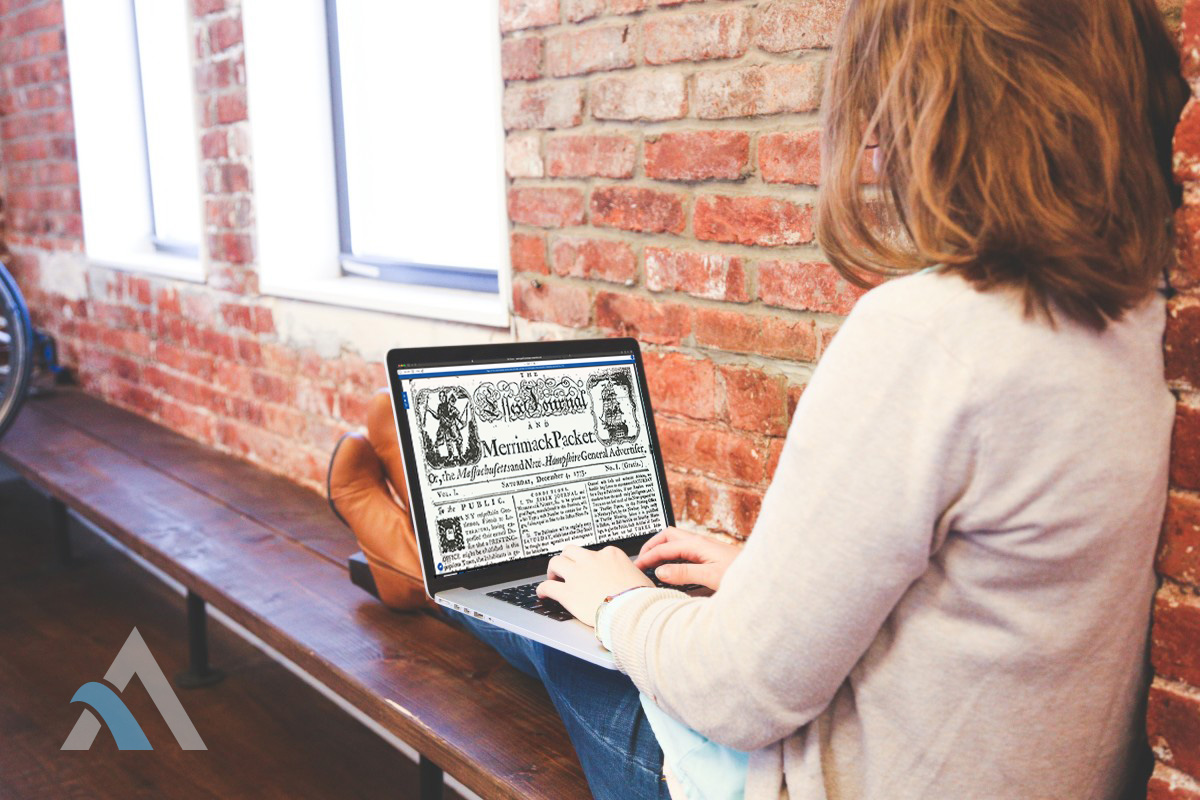Community engagement is a dynamic, ongoing process. It involves listening, learning, adapting, and growing together. By innovatively leveraging a Community History Archive, libraries can further deepen their connections with their patrons, cultivating a community rooted in shared history, learning, and discovery. Remember, every article, every image, and every page from the past can open a dialogue, spark an idea, or foster a connection. So let’s turn the page together and embark on this exciting journey of engagement. Successful engagement does not happen by chance; it requires thoughtful planning, implementation, and evaluation. Every community has unique interests and needs, so you need to consider how to connect with the individuals, organizations, other cultural institutions, or hobbyists in ways that stimulate them when crafting your engagement strategy:
Engage with local schools, community centers, senior centers, and other groups interested in programs using the archives. Collaboration can extend your reach and bring diverse perspectives into your programming. Consider how digitized newspaper archives can enhance your existing programs. If you have an ongoing book club, you might tie historical newspaper articles into the discussions. For youth programs, consider using the archives to bring historical events to life or engage in projects that compare and contrast past and current events.
Once you have your strategy in place, it’s time to turn plans into action. Here are some ideas for engaging programs:
- Hosting “Community History Nights”: Schedule regular ‘Community History Nights’ where patrons can come together to delve into the past. You could theme these events around specific decades, significant events, or societal changes in a social setting.
- Establishing a Local History Club: Form a club where history buffs meet regularly to discuss and share findings from the Community History Archives. Club members can take turns leading discussions and presenting their discoveries.
- Launching a Community History Podcast: Start a podcast that shares fascinating stories from the archives. Patrons can get involved by suggesting topics, researching episodes, or even serving as guest speakers.
- Creating A Community Space Online: Create a blog, Facebook group, Reddit subreddit, Twitter hashtag, or forum where patrons can share their discoveries, experiences, and stories related to the archives. This provides a platform for expression and helps generate a wealth of user-generated content that can be shared on social media or in newsletters.
Evaluation is essential in understanding the effectiveness of your engagement initiatives. Collect feedback from your patrons through surveys, comment boxes, or informal conversations. Use this feedback to refine and improve your programs over time.


